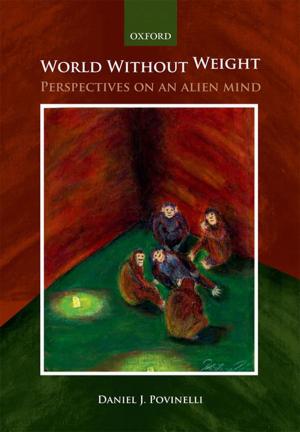The Specification of Human Actions in St Thomas Aquinas
Nonfiction, Religion & Spirituality, Theology, Philosophy| Author: | Joseph Pilsner | ISBN: | 9780191608698 |
| Publisher: | OUP Oxford | Publication: | April 27, 2006 |
| Imprint: | OUP Oxford | Language: | English |
| Author: | Joseph Pilsner |
| ISBN: | 9780191608698 |
| Publisher: | OUP Oxford |
| Publication: | April 27, 2006 |
| Imprint: | OUP Oxford |
| Language: | English |
Thomas Aquinas believed that human actions have species, such as theft or almsgiving. A problem arises, however, concerning his teaching on how such moral kinds are determined. Aquinas uses five different terms - end, object, matter, circumstance, and motive - to identify what gives species to human actions. Although similarities in meaning can be discerned between certain of these terms, apparent differences between others make it difficult to grasp how all five could refer to what specifies human actions. Joseph Pilsner examines and compares Aquinas's understanding of these five terms to see if a consistent account of his teaching on specification can be proposed.
Thomas Aquinas believed that human actions have species, such as theft or almsgiving. A problem arises, however, concerning his teaching on how such moral kinds are determined. Aquinas uses five different terms - end, object, matter, circumstance, and motive - to identify what gives species to human actions. Although similarities in meaning can be discerned between certain of these terms, apparent differences between others make it difficult to grasp how all five could refer to what specifies human actions. Joseph Pilsner examines and compares Aquinas's understanding of these five terms to see if a consistent account of his teaching on specification can be proposed.















